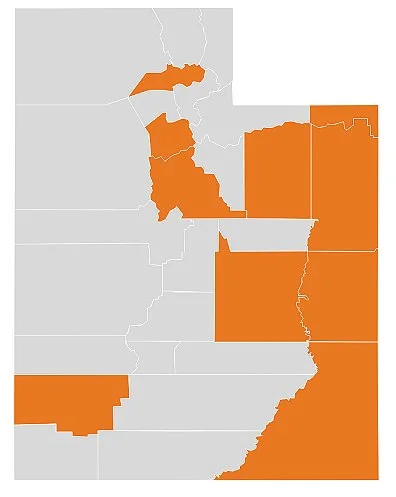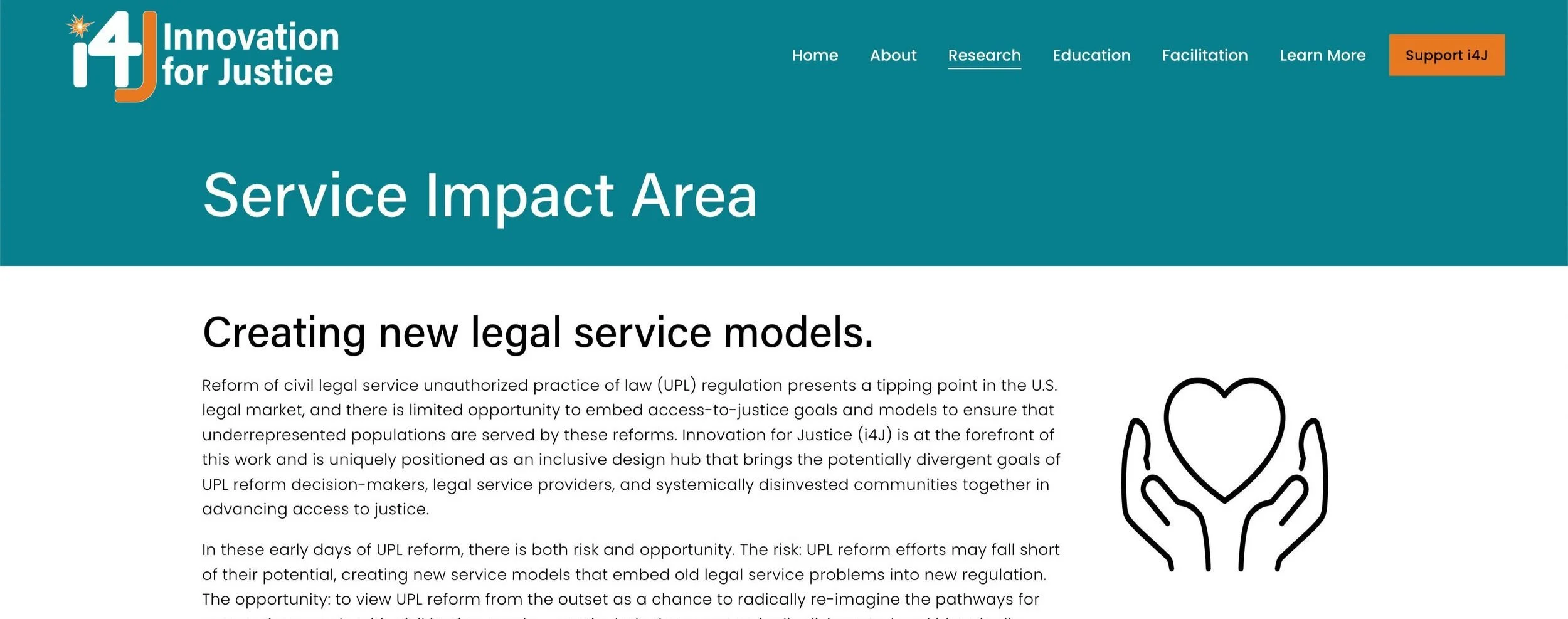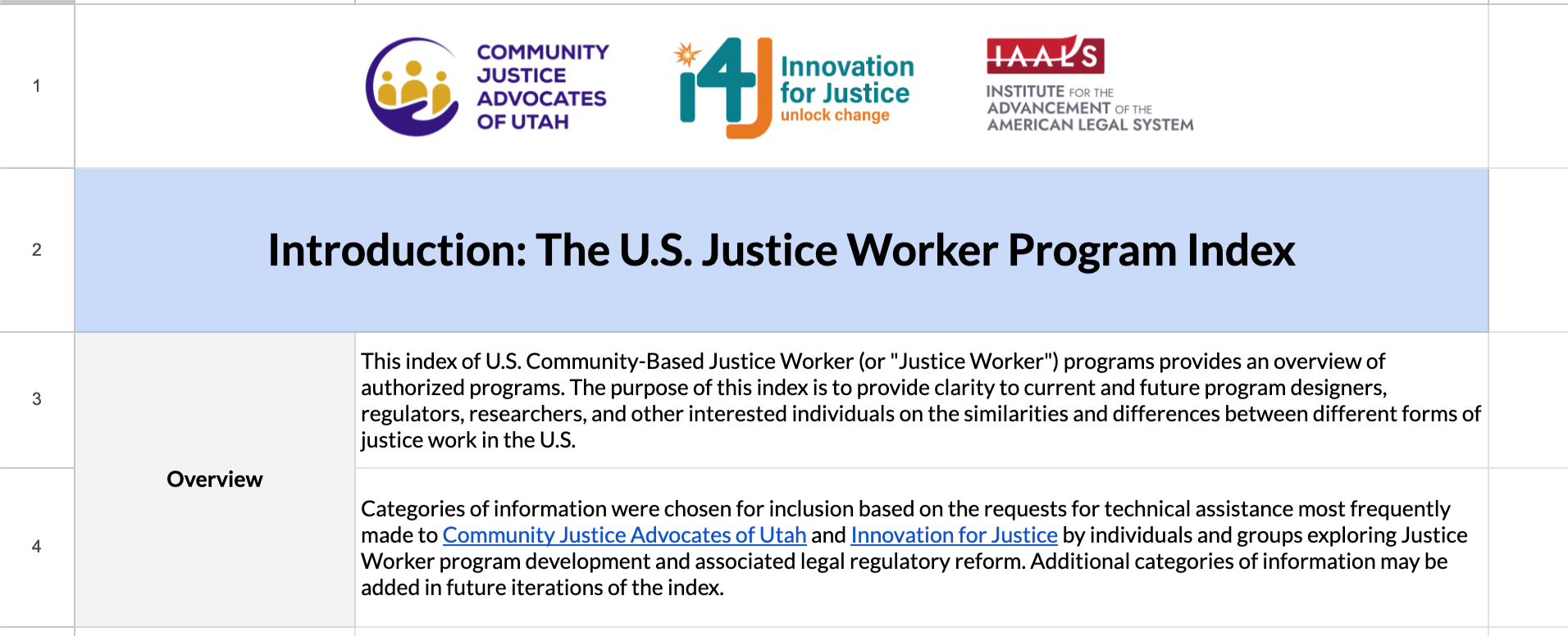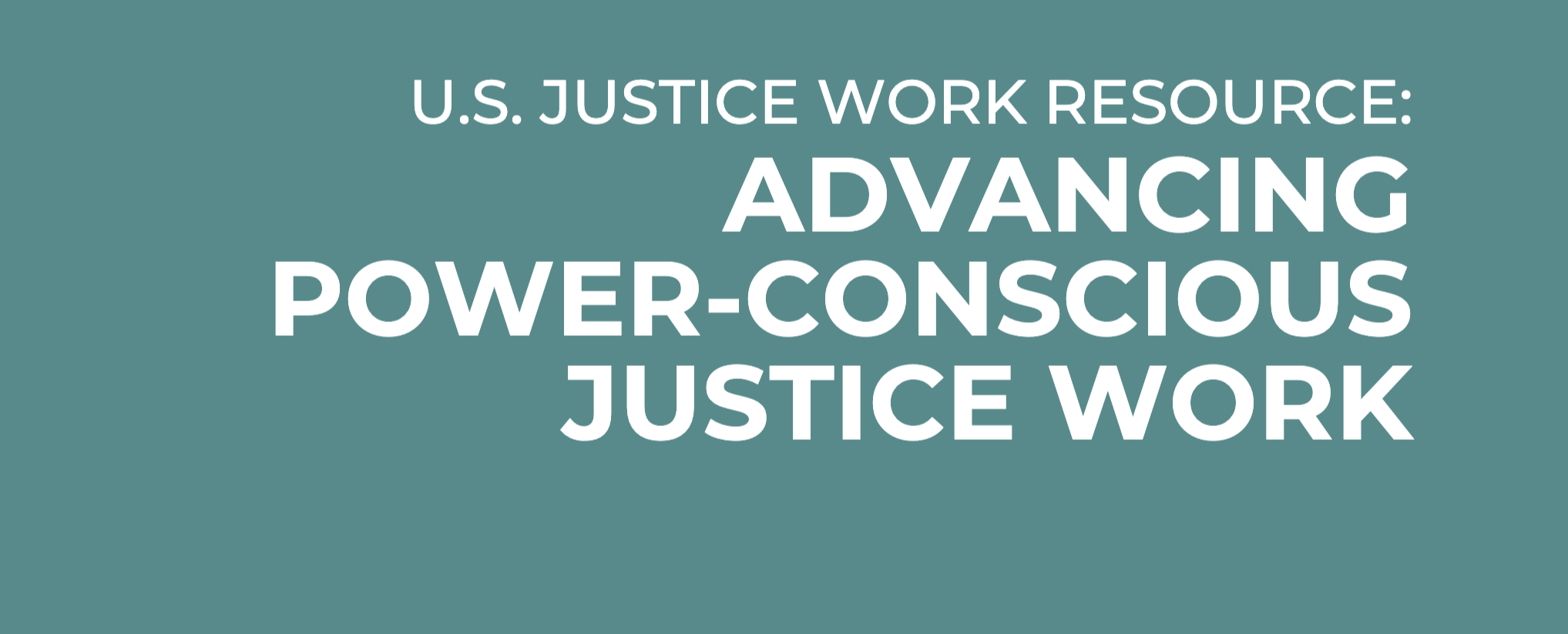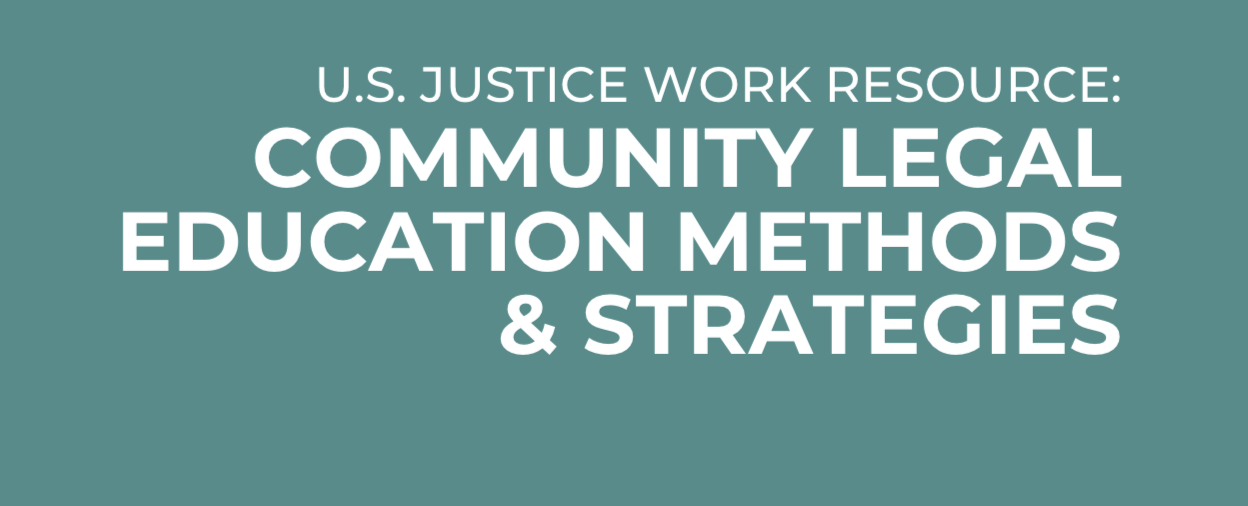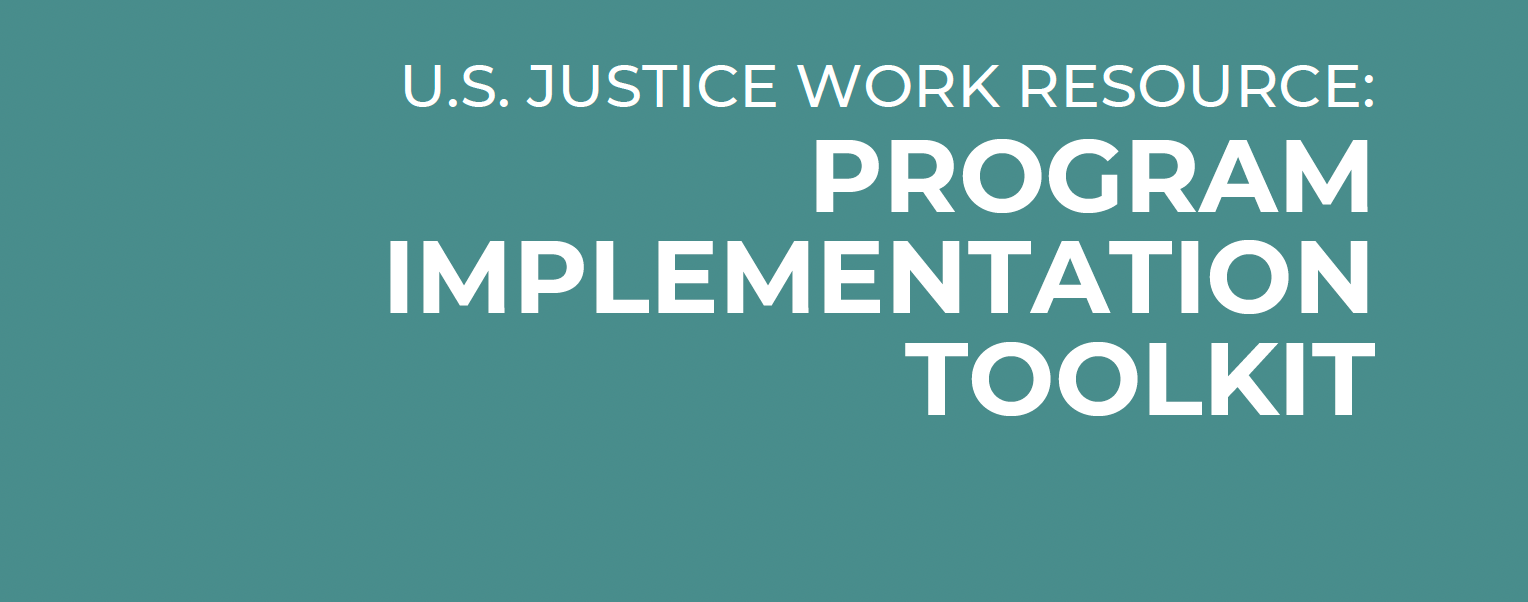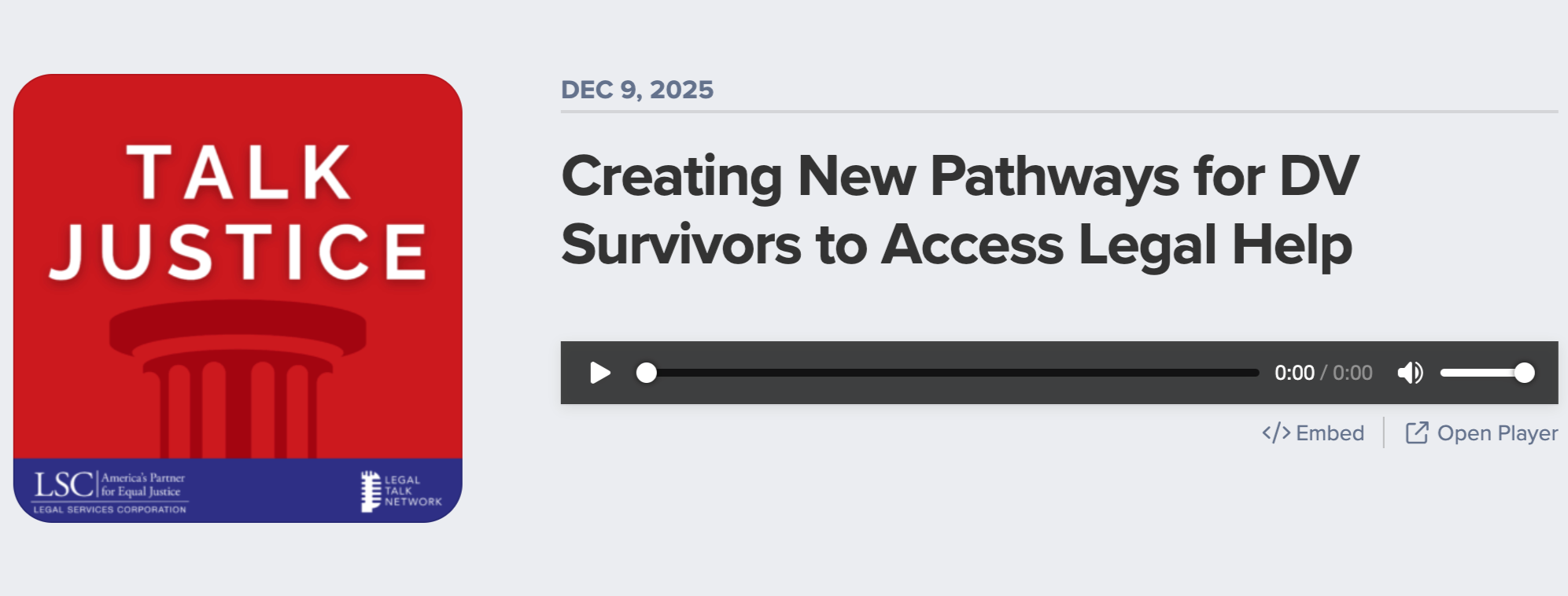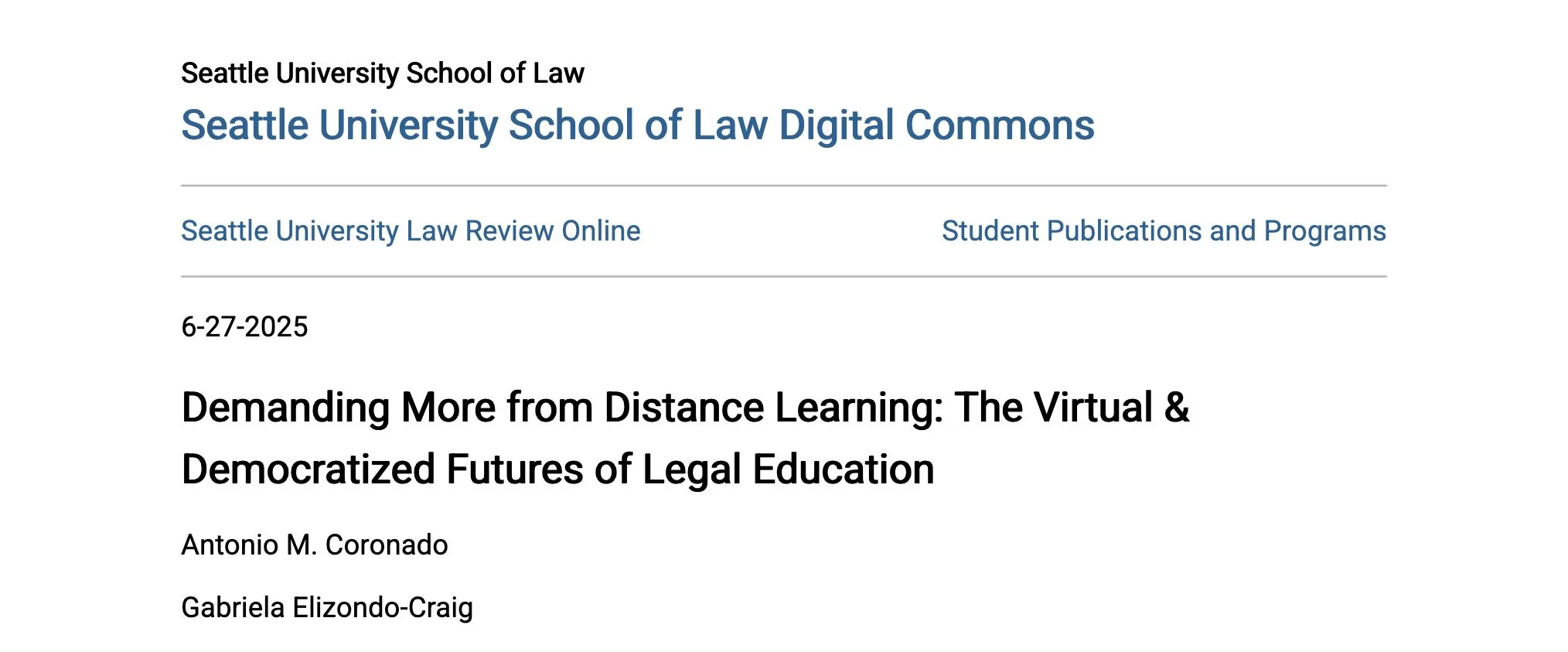Community Legal Education
Democratizing Legal Power
i4J’s Service Impact Area designs new, replicable pathways for advocates other than lawyers to know and use the law. Once designed and implemented, these pathways become our Community Legal Education (CLE) Programs, or virtual legal empowerment courses that train advocates already in community-helping roles to provide free limited-scope legal help as “Community-Based Justice Workers.”
Use the buttons below or explore this page to learn more about our CLE Programs, to apply now, and to stay updated on our multi-state Justice Worker network.
What Is Justice Work?
In the U.S., “justice work” is a new name for an old truth: Local problems require local solutions by trusted problem-solvers. Justice Workers are community-based advocates with specialized legal training and state authorization to embed certain legal services within their existing job or volunteer work. Globally, justice work has existed for decades.
How Does Justice Work Happen?
Our CLE Programs were made possible through unauthorized practice of law (UPL) reform, or changes to the rules that regulate legal practice in the states where we train. The Arizona Supreme Court was the first in the nation to directly authorize Justice Workers via UPL reform in a June 2020 Administrative Order.
Why Justice Work?
Now more than ever, we need scalable solutions to address our communities’ most pressing legal problems. As a reimagining of U.S. law schools, our CLE Programs invite us to envision a democratized legal profession and a future premised on community legal power. We are redefining how and for whom legal help is accessible.
About Our Justice Worker Training Opportunities:
i4J has 3 active Community Legal Education Programs in:
1. Domestic Violence (AZ),
2. Medical Debt (UT), and
3. Housing Instability (AZ & UT)
We partner with community-based organizations across Arizona and Utah to train, support, and mentor participating advocates in each of these 3 civil legal practice areas.
The Scope of Our CLE Courses
Our CLE courses prepare Justice Workers to provide free legal help across a continuum of community needs, intake through post-court:
-
Justice Workers are trained to issue spot and provide limited-scope legal advice to community clients at intake.
-
Justice Workers are trained to assist community clients with filling out court forms, filings, and negotiations—both upstream and across the lifecycle of a legal matter.
-
Through court observation assignments and simulated skillbuilding, Justice Workers are trained to assist community clients with court preparation.
-
Justice Workers are trained and authorized (with the exception of our MDLA Program) to quietly advise community clients during court proceedings and hearings.
-
Justice Workers are trained to assist community clients with post-court legal issues, including: referrals, navigating court outcomes, and holistic care.
CLE Highlight #1:
Free & Online Legal Learning
i4J enrolls eligible advocates in free, online, and mostly asynchronous legal training courses. Our CLE courses are self-guided and take approximately 60 to 80 hours to complete.
CLE Highlight #2:
Regular & Substantive Interaction
Course enrollees receive real-time virtual support from i4J, biweekly skillbuilding sessions, graded legal practice questions, and layered methods of experiential learning across a 16-week program term.
CLE Highlight #3:
Iterative Justice Work
We maintain a constant feedback loop with Justice Workers to evaluate program outcomes, preparation for mentored legal practice, as well as how our courses might be enhanced.
CLE Highlight #4:
Community-Based Curricula
Our courses are the result of robust community engagement and intentional co-development with subject matter experts in the states where we train; none of our work happens without community co-design and feedback.
CLE Highlight #5:
Our Cross-State Classroom
Each Fall and Spring, we foster cross-jurisdictional legal learning by bringing together regular cohorts of enrollees across our CLE Programs in both Arizona and Utah. Our cohort model breaks down silos while building new networks.
CLE Highlight #6:
Mentored Legal Advocacy
After training, i4J connects Justice Workers with a network of licensed volunteer attorneys to mentor, provide support, and champion advocates’ limited-scope legal work in service of communities.
The Vision of Our CLE Programs
Our model for justice work envisions a stronger and decentralized legal profession, where legal help is localized to meet community need.
-
We believe in democratizing access to legal knowledge and power. This means building a movement, not a moment, and collaborating across our states’ legal ecosystems.
From recruitment through training and launch, i4J supports Justice Workers in localizing legal help to their communities. Together, we work to realize a network of legal care.
-
Lived and recorded experiences must drive innovation: Our CLE Programs have undergone rigorous feedback processes and are the products of years of experience in navigating legal systems.
i4J collaborates with researchers across the country to adopt innovative metrics for evaluating Justice Workers’ services. These metrics ensure that community clients are not harmed, that Justice Workers’ services are effective, and that our programs serve their legal empowerment aims.
-
Our approach to Community Legal Education is grounded in values of legal empowerment; trauma-informed advocacy; racial, procedural, distributive, and disability justices; experiential and lifelong learning; and community-responsive curricula.
-
The ABA Standards and Rules of Procedure for Approval of Law Schools prohibit U.S. law schools from granting more than 50% of credits toward the Juris Doctor degree via “Distance Education Courses.” For prospective law students who are disabled, parents, working-class, nontraditional, first-generation, and of historically minoritized identities, this commitment to in-person learning can render law school more of a dream than reality.
Our Justice Worker courses are not subject to this restriction, allowing us to rethink in what novel, accessible ways our training of legal advocates everywhere might be grounded in community needs.
-
i4J supplements advocate mentorship with continuing education opportunities in the form of newsletters on changes to the law, professional development experiences, and relevant skillbuilding that can supplement their limited-scope advocacy.
Our ongoing training and mentorship serve as tools that Justice Workers can use within the course of their current work as a community-based advocate.
Join the Justice
Worker Movement:
Our 3 Community Legal Education Programs supercharge the legal ecosystems of Arizona and Utah by positioning trusted legal help where it is needed most.
Through i4J’s legal skillbuilding courses, participating advocates in both states become trained and certified as Community-Based Justice Workers.
The Domestic Violence Legal Advocate Program
The Domestic Violence Legal Advocate (DVLA, formerly “Licensed Legal Advocate”) Program trains trauma-informed lay legal advocates at Arizona domestic violence service providers to deliver limited-scope legal help on protective orders and certain family law matters.
Program Profile: DVLA in Arizona
Date Authorized: June 2020
Date Launched: April 2021
Current Authorization: ACJA 7-211
The DVLA course is offered both Fall and Spring. This course corresponds with a certification exam through the Arizona Administrative Office of the Courts.
-
The DVLA course trains advocates to assist survivors:
At intake, providing limited-scope legal advice regarding orders of protection and family law matters;
With forms and filing, providing limited-scope legal advice during the completion of court forms and other documents for filing;
With court preparation, providing limited-scope legal advice while a survivor is preparing for a mediation or hearing;
With court support, including attending court with a survivor, having a seat at the survivor’s table to quietly advise the survivor, and answering questions if asked by the court; and
With post-court support, providing limited-scope legal advice to survivors with common post-court legal issues and referrals.
-
For more information, read the DVLA Project Brief and visit the Domestic Violence Legal Advocate Initiative page.
The Housing Stability Legal Advocate Program
The Housing Stability Legal Advocate (HSLA) Program is authorized state-wide in both Arizona and Utah to train frontline staff at community-based organizations to identify and problem-solve housing instability issues.
Program Profile: HSLA in Arizona
(AZ) Date Authorized: January 2023
(AZ) Date Launched: June 2024
(AZ) Current Authorization: ACJA 7-211
Program Profile: HSLA in Utah
(UT) Date Authorized: March 2023
(UT) Date Launched: Summer 2025
(UT) Current Authorization: CJAU
The HSLA course is offered both Fall and Spring. This course corresponds (in Arizona) with a certification exam through the Arizona Administrative Office of the Courts and (in Utah) with certification through our partner, Community Justice Advocates of Utah or “CJAU.”
-
HSLAs are trained to support tenants:
At intake, providing limited-scope legal advice on commonly experienced issues associated with eviction;
With forms, filings, and negotiations, including providing limited-scope legal advice in resolving commonly experienced issues before eviction and in negotiating on behalf of tenants with property owners or managers;
With court preparation, including providing limited-scope legal advice regarding the eviction process and timeline, completion of court forms, and how to asset viable eviction defenses;
With court support, including attending court with a tenant, having a seat at the tenants’ table to quietly advise, and answering questions if asked by the court (exact scope of service is state-specific); and
With post-court support, providing limited-scope legal advice to tenants with common post-eviction legal issues.
-
For more information, read the HSLA Project Brief and visit the House Stability Legal Advocate Initiatives page.
The Medical Debt Legal Advocate Program
The Medical Debt Legal Advocate (MDLA) Program trains financial coaches, frontline staff, and community health workers at Utah community-based organizations to give limited-scope legal help to community members experiencing medical debt before their debt becomes a lawsuit.
Program Profile: MDLA in Utah
Date Authorized: May 2021
Date Launched: May 2023
Current Authorization: CJAU
The MDLA course is offered both Fall and Spring. This course corresponds with certification through our partner, Community Justice Advocates of Utah or “CJAU.”
-
The MDLA course trains advocates to support consumers:
At intake, providing relevant legal information in the medical debt context and legal process assistance to people at risk of medical debt litigation;
With forms and filings, providing assistance in the completion of medical debt-related forms;
With resolving debt, providing limited-scope legal advice related to the resolution of medical debt; and
With negotiating debt, negotiating on behalf of consumers in the resolution of their medical debt.
-
For more information, read the MDLA Project Brief and visit the Medical Debt Legal Advocate Initiative page.
Measuring the Impact
of Our Work:
Our Community Legal Education Programs aim to:
Democratize Legal Knowledge,
Build Community Power, and
Invest in New Legal Infrastructure
New forms of legal services require new metrics of justice, and ongoing program assessment helps us tell the full story of Justice Workers’ impact.
CLE Impact Metric #1:
Over 12,000% SROI
An external Social Return on Investment (“SROI”) analysis by Community Services Analysis LLC estimates that our CLE Programs will corresponded with a 12,912% SROI and $12+ million in direct service value in 2025 alone.
CLE Impact Metric #2:
Zero Consumer Complaints
Across our half-decade working with and in service of communities in Arizona and Utah, our team is proud to report 0 consumer complaints associated with the limited-scope legal advocacy of Justice Workers in our network.
CLE Impact Metric #3:
Nearly $600k in Case Outcomes
From May 2023 to May 2025, our Justice Worker network secured over $596,000 in positive financial outcomes for community clients, including child support awards, overdue rent waived, medical debt reduction, and fee waivers.
CLE Impact Metric #4:
A Diverse Multi-State Network
Our network represents 90+ participating advocates at nearly 50 organizations: The majority identify as BIPOC and as women or gender minorities; they represent an average age of 43 years old; and multiple advocates self-identify as LGBTQIA2S+.
CLE Impact Metric #5:
Success for 1st-Time Examinees
In Arizona, our training courses culminate in a Substantive Law Exam administered by the state’s Administrative Office of the Courts (AOC). As of June 2025, the AOC reported an 83% passage rate for first-time examinees from our Arizona courses (DVLA & HSLA).
CLE Impact Metric #6:
Building A Culture of Legal Power
Our CLE course feedback surveys consistently show that advocates have a meaningful and positive experience in our Justice Worker courses, with participants in 2024 reporting a nearly 57% increase in their confidence and preparation to deliver mentored legal services.
“It’s support we would have not been able to provide in the past.”
- Anais A. is a DVLA-trained Justice Worker at a domestic violence organization in Tucson, Arizona. Her legal and trauma-informed training, years of experience, and ability to communicate with English- and Spanish-speaking survivors make her an incredibly effective legal advocate in helping survivors attain protective orders.
Resources for Realizing
Justice Work:
Interested in unlocking justice work in your jurisdiction?
Want to learn more about our model for legal empowerment and how we “do” justice work?
Explore the below directory of resources to see webinars, scholarship, and tools for building new forms of legal power.
Resource Title: Innovation for Justice’s Service Impact Area
Resource Type: i4J Webpage
Resource Topic(s): Design; DVLA; HSLA; MDLA
Resource Authors & Title: Community Justice Advocates of Utah, Innovation for Justice, & the Institute for the Advancement of the American Legal System: The U.S. Justice Worker Program Index (February 2026)
Resource Type: External Repository
Resource Topic(s): Design; CLE; Implementation
Resource Title: U.S. Justice Work Resource Series - Advancing Power-Conscious Justice Work [1st Edition] (January 2026)
Resource Type: Toolkit Resource
Resource Topic(s): Design; CLE; Implementation
Resource Title: U.S. Justice Work Resource Series - Community Legal Education Methods & Strategies [1st Edition] (January 2026)
Resource Type: Toolkit Resource
Resource Topic(s): Design; CLE; Implementation
Resource Title: U.S. Justice Work Resource Series - Program Implementation Toolkit [1st Edition] (January 2026)
Resource Type: Toolkit Resource
Resource Topic(s): Design; DVLA; HSLA; MDLA; Implementation
Resource Title: LSC Talk Justice Podcast: Episode 118 - Creating New Pathways for DV Survivors to Access Legal Help (December 2025)
Resource Type: Podcast Episode
Resource Topic(s): Design; DVLA; Implementation
Resource Title: LSC Model Practices & Innovations Case Study: Participating in Community Justice Work - An Overview for Legal Aid Organizations (September 2025)
Resource Type: Case Study
Resource Topic(s): Design; Implementation
Resource Title: LSC Model Practices & Innovations Case Study: DVLA Initiative - Justice for Survivors in Arizona (September 2025)
Resource Type: Case Study
Resource Topic(s): Design; DVLA; Implementation
Resource Title: Demanding More from Distance Learning: The Virtual & Democratized Futures of Legal Education (June 2025)
Resource Type: Law Review Article
Resource Topic(s): Implementation
Resource Title: "A Place Called Justice:" Celebrating 5 Years of Community-Based Justice Work (Fall 2024)
Resource Type: Webinar Series
Resource Topic(s): DVLA; HSLA; MDLA
Resource Title: The Social Economic Impacts and Return on Funding Investment of the Community Legal Education Initiatives Developed by Innovation for Justice (February 2025)
Resource Type: Report
Resource Topic(s): Impact; Implementation
Resource Title: Arizona Housing Stability Legal Advocates in Their Own Words (May 2024)
Resource Type: Video Testimonials
Resource Topic(s): Impact; HSLA
Resource Title: IAALS Expert Opinion: The Diverse Landscape of Community-Based Justice Workers (February 2024)
Resource Type: External Webpage
Resource Topic(s): Design
Resource Title: IAALS Blog Post: i4J Develops New Tool for Leaders Interested in Developing Community-Based Justice Worker Programs (September 2024)
Resource Type: External Webpage
Resource Topic(s): Design
Resource Title: Leveraging Unauthorized Practice of Law Reform to Advance Access to Justice (Fall 2023)
Resource Type: Law Review Article
Resource Topic(s): Design; DVLA; HSLA; MDLA
Resource Title: Re-Regulating Justice: Realizing Housing Stability Through Community Legal Advocacy (March 2024)
Resource Type: Law Review Article
Resource Topic(s): Design; HSLA









